How to Prepare for Your First Visit with a New Dentist


First Visit Preparations
Preparing for the first visit to a new dentist is essential to ensure a smooth and productive appointment. This section covers the important steps, including verifying the dentist's legitimacy and obtaining dental records.
Verifying Dentist Legitimacy
Before scheduling an appointment, it’s important to verify your dentist’s legitimacy and credentials. This simple step helps ensure you’re choosing a qualified professional with a strong reputation in the community.
For detailed guidance on checking dental credentials and what to look for, read our article on how to check a dentist’s credentials before booking an appointment.
Obtaining and Transferring Dental Records
If switching to a new dentist, obtaining and transferring dental records from the previous one is a fundamental step. These records are vital as they provide the new dentist with a comprehensive view of the patient's dental history. Here are key points to consider:
It's advisable to gather personal health information prior to the visit, as it can significantly impact dental care and treatment. For further insights, refer to our article on how to find a dentist that accepts your insurance to ensure compatibility with your coverage, and understand what to provide during your first visit.
Preparation Tips
Getting ready for a visit to a new dentist requires careful consideration and preparation. Here are some essential tips to enhance your experience.
Questions to Ask Your Dentist
During the first visit, it is important to ask your dentist relevant questions about your oral health. Here are some key inquiries to consider:
Bringing Necessary Documentation
Having the right paperwork will make your first visit much easier. Here's what you should bring:
When asking for your records, tell your provider if you want digital files or paper copies in the mail. You might need to pay small fees for copying and mailing. Remember: federal law says you have the right to see your health information, so feel free to ask for your records. If you run into any problems, your local dental society can help you get them [2].
Personal Health Information
It's crucial to provide your dentist with a thorough overview of your personal health. This includes:
Providing this comprehensive information allows your new dentist to craft a personalized oral care routine for you. Preparing adequately can ease any worries and provide a solid foundation for your dental care journey.

Appointment Day Tips
Preparing for the first dental appointment is crucial for a smooth experience. This section covers essential tips for arriving at the appointment and what to expect during the initial examinations.
Early Arrival and Necessary Forms
It is advisable to arrive a few minutes early to your dental appointment. This extra time allows for any last-minute paperwork, resolving issues with dental insurance, and completing essential forms such as patient history and intake forms. Many dental practices provide these forms on their website, making it possible for patients to print and fill them out in advance to save time.
Here is a summary of the necessary documentation typically expected:
- Insurance Informationsome text
- Card showing coverage details
- Photo IDsome text
- Valid identification (such as a driver’s license)
- Medical Historysome text
- Previous dental records
- List of current medications
Additionally, maintaining oral hygiene before the appointment is recommended. Dentists prefer patients to have a clean mouth; thus, brushing and possibly flossing before the visit can be beneficial.
X-rays and Initial Examinations
During the first appointment, patients can expect to undergo X-rays. These diagnostic tools help the dentist assess for potential issues like bone loss, gum disease, and cavities. This step is crucial in developing a comprehensive understanding of the individual's oral health.
The initial examination will often follow the X-ray process. The dentist will evaluate the X-rays and perform a visual check of the patient's teeth and gums. This examination might include:
By being prepared and understanding what to expect, patients can ensure a more comfortable and effective visit to their new dentist. For more on maintaining oral health post-appointment, consider reviewing the importance of why you should see a dentist every six months.

Oral Health Discussions
During the initial visit to a new dentist, discussing oral health is essential for establishing a comprehensive care plan. This involves addressing personal oral health concerns and setting achievable goals.
Oral Health Concerns and Goals
It is vital for patients to communicate their oral health concerns during the appointment. This discussion may include inquiries about ongoing pain, sensitivity, or discoloration in the mouth. Attention should also be given to how to prevent gum disease, which can significantly impact the supporting structures of the teeth and potentially lead to tooth loss if untreated.
Patients can also discuss their goals for dental aesthetics, such as interest in teeth whitening or other cosmetic procedures. Addressing these topics facilitates a better understanding between the patient and the dentist, aiding in the development of a personalized treatment approach.
Common Oral Health Concerns
Pain or Discomfort
- What does this pain signify?
- When should I be concerned about tooth sensitivity?
- How can I manage dental pain at home?
Gum Health
- How can I prevent gum disease?
- What are the early warning signs of gingivitis?
- Which daily habits promote healthy gums?
Tooth Discoloration
- What options are available for whitening?
- What causes teeth to become stained?
- How can I maintain a brighter smile?
Oral Care Plan Development
Following the discussion of concerns, developing an oral care plan is crucial for successful dental outcomes. This plan may consist of recommendations tailored to the patient’s specific needs, including guidance on the right toothbrush and toothpaste to use. The dentist may also provide insights on dietary choices that affect oral health, specifically foods that may be harmful to teeth.
An effective oral care plan will involve regular dental check-ups and preventive measures, prioritizing check-ups every six months as a standard. Discussing these strategies helps create a collaborative environment, fostering communication that is essential for long-term oral health. Open conversations about any fears or anxieties will also help establish trust with the dental professional.
This holistic approach ensures patients leave with a clear understanding of their dental health and a roadmap for achieving their desired results, contributing to better oral hygiene practices and overall wellbeing.
Treatment Plan
Services Offered
- During an initial dental appointment, patients can expect a variety of services that cater to both emergencies and routine care. Some common services include:
Dental Exams
- Comprehensive check-ups to assess your overall oral health.
X-rays
- Advanced imaging to detect issues like decay, cavities, and bone loss.
Cleanings
- Professional removal of plaque and tartar buildup to maintain healthy teeth and gums.
Fillings
- Expert treatment for cavities using durable materials that restore natural tooth structure.
Teeth Whitening
- Professional options for brightening your smile. Our expert guidance helps avoid the sensitivity and damage often caused by over-the-counter products.
Preventive Care
- Personalized education on maintaining excellent oral hygiene, plus regular check-ups to prevent future dental issues.
Patients will also have the opportunity to discuss specific concerns and options for procedures like cosmetic dentistry.
Creating a Personalized Treatment Plan
Following the examination and X-rays, the dentist will gather additional information through a conversation about any symptoms or concerns that were not visible during the initial evaluation. This dialogue is crucial for developing a treatment plan tailored to the patient's unique needs.
Factors considered include:
Utilizing dental advances, dentists are now more understanding of patient anxiety and aim to create a stress-free environment. Many practices even offer sedation options for those who may require extra comfort during their treatment.
A personalized treatment plan ensures that patients receive comprehensive, customized care that meets their individual needs while promoting better long-term oral health. For more information on dental health, visit our article on why you should see a dentist every six months.
Sources
- https://www.soladentalspa.com/blog/how-to-check-a-dentist-s-credentials-before-booking-an-appointment
- https://www.hhs.gov/hipaa/for-individuals/medical-records/index.html
- https://www.soladentalspa.com/blog/how-to-find-a-dentist-that-accepts-your-insurance
- https://www.soladentalspa.com/blog/why-you-should-see-a-dentist-every-six-months
- https://www.dentalspa.com/what-does-a-cosmetic-dentist-do
- https://www.ada.org/resources/research/science-and-research-institute/oral-health-topics/x-rays
- https://findadentist.ada.org/ny/richmond/staten-island/general-practice/dr-anne-gershkowitz-1531225
- https://www.nidcr.nih.gov/health-info/gum-disease/more-info
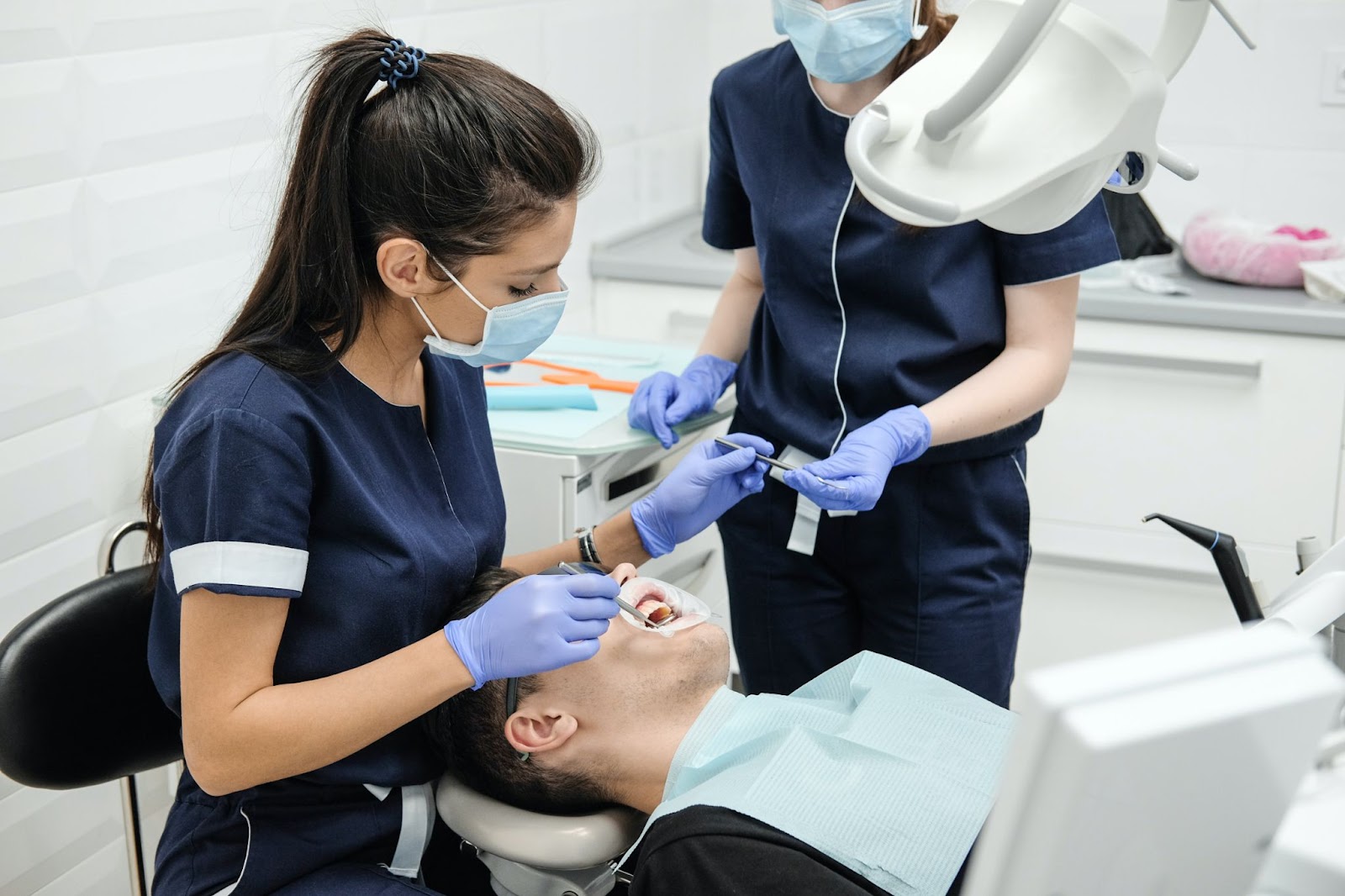






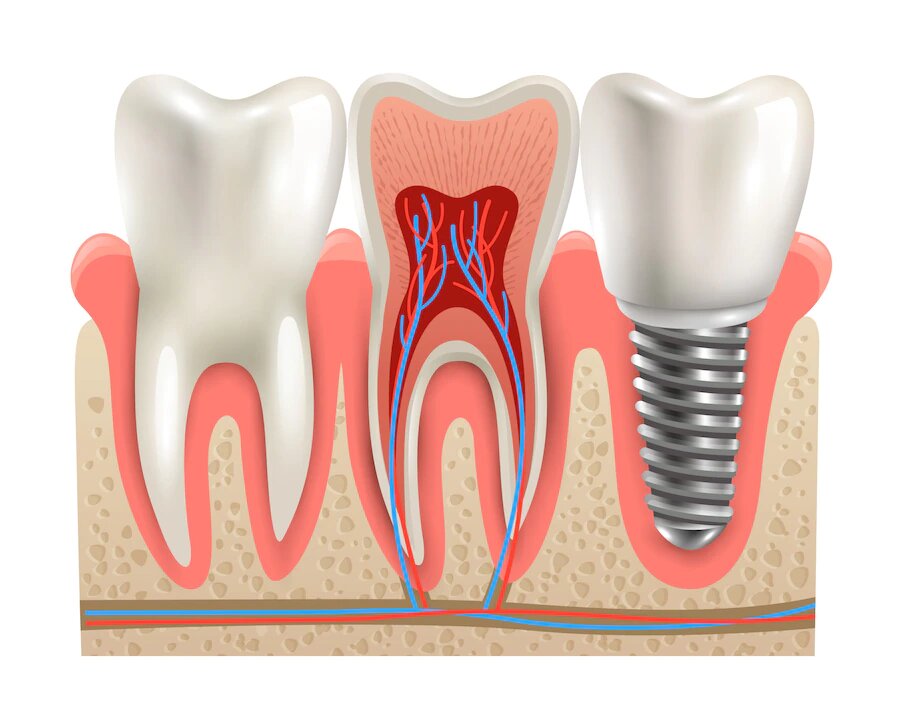










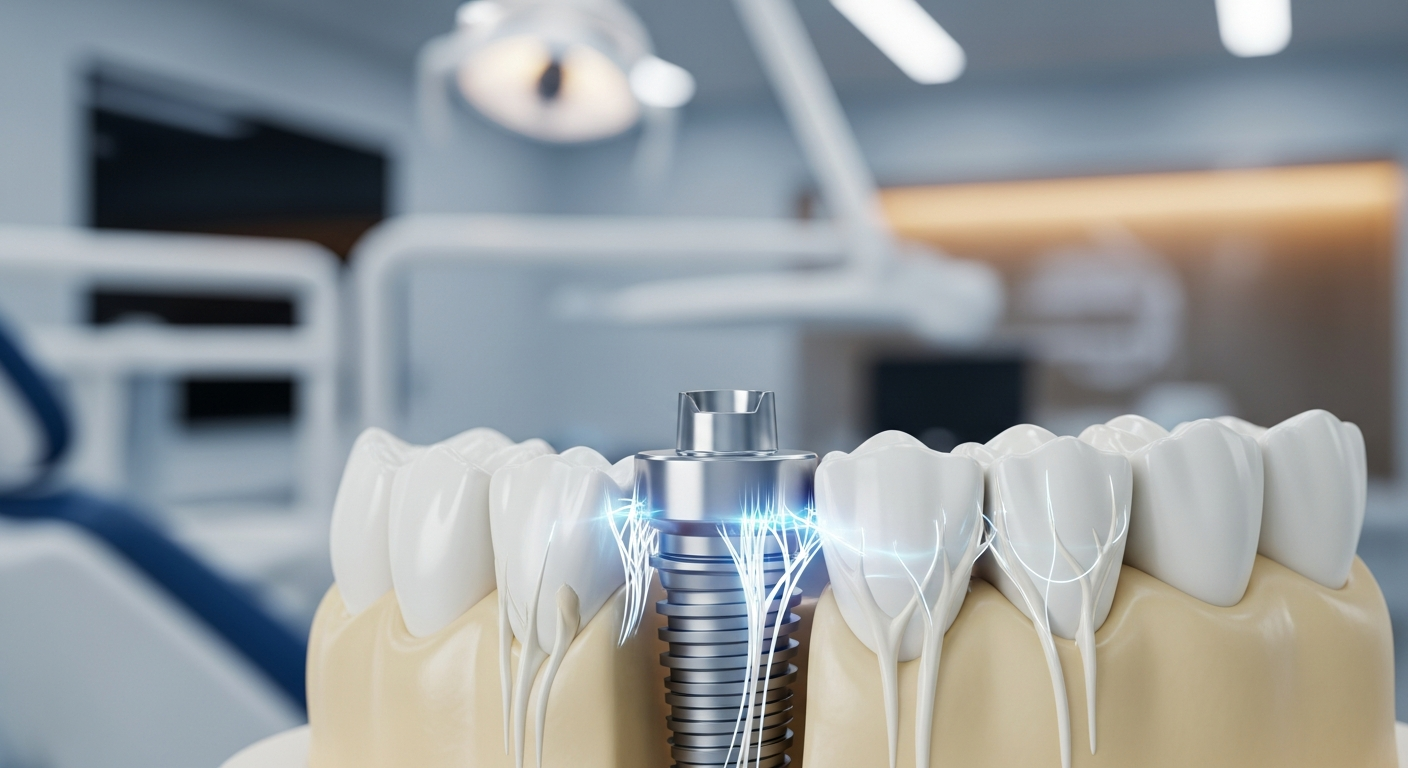






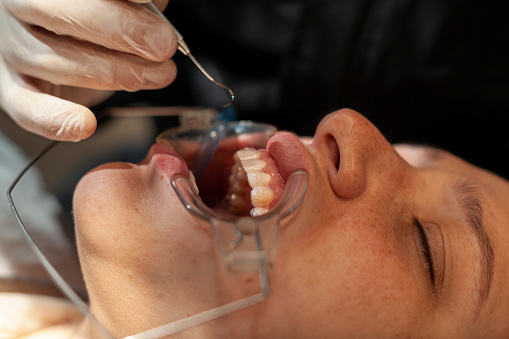

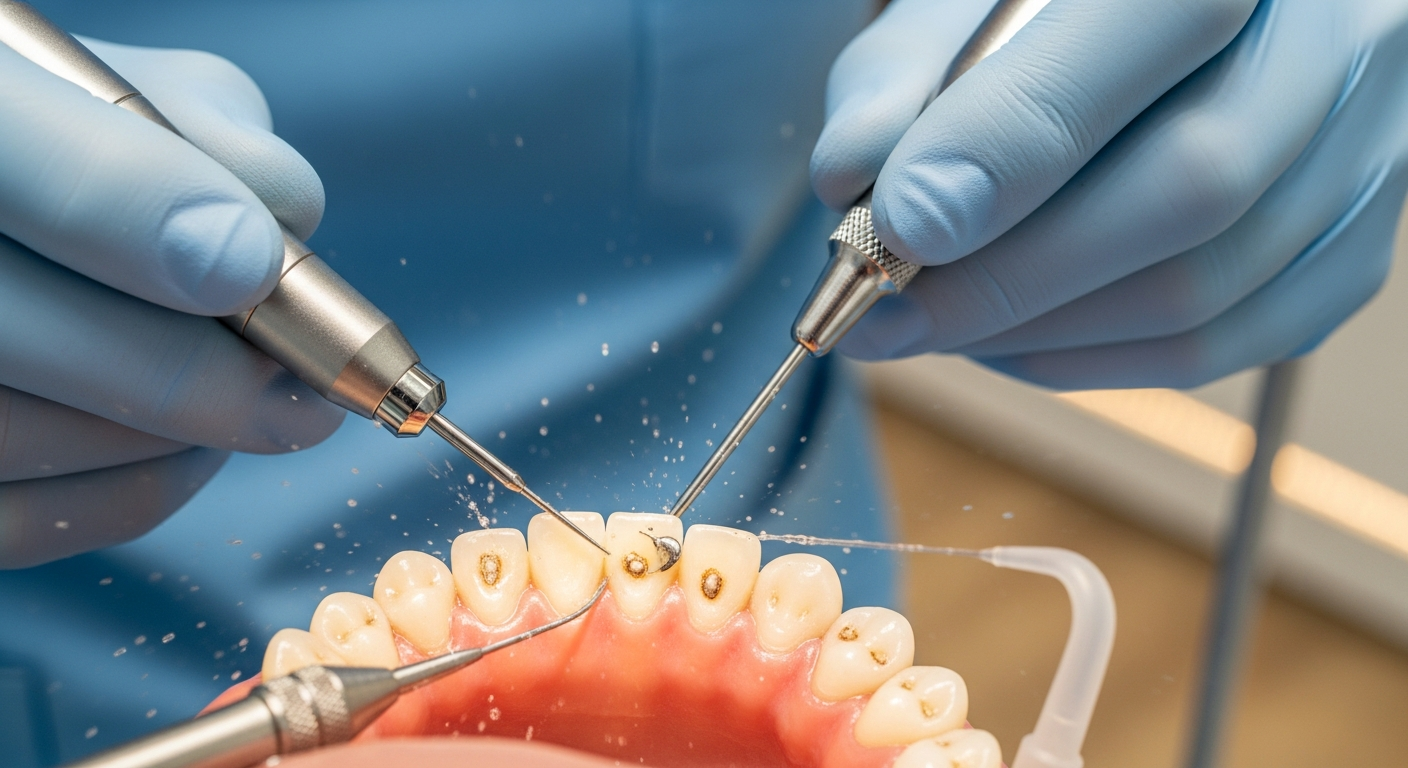

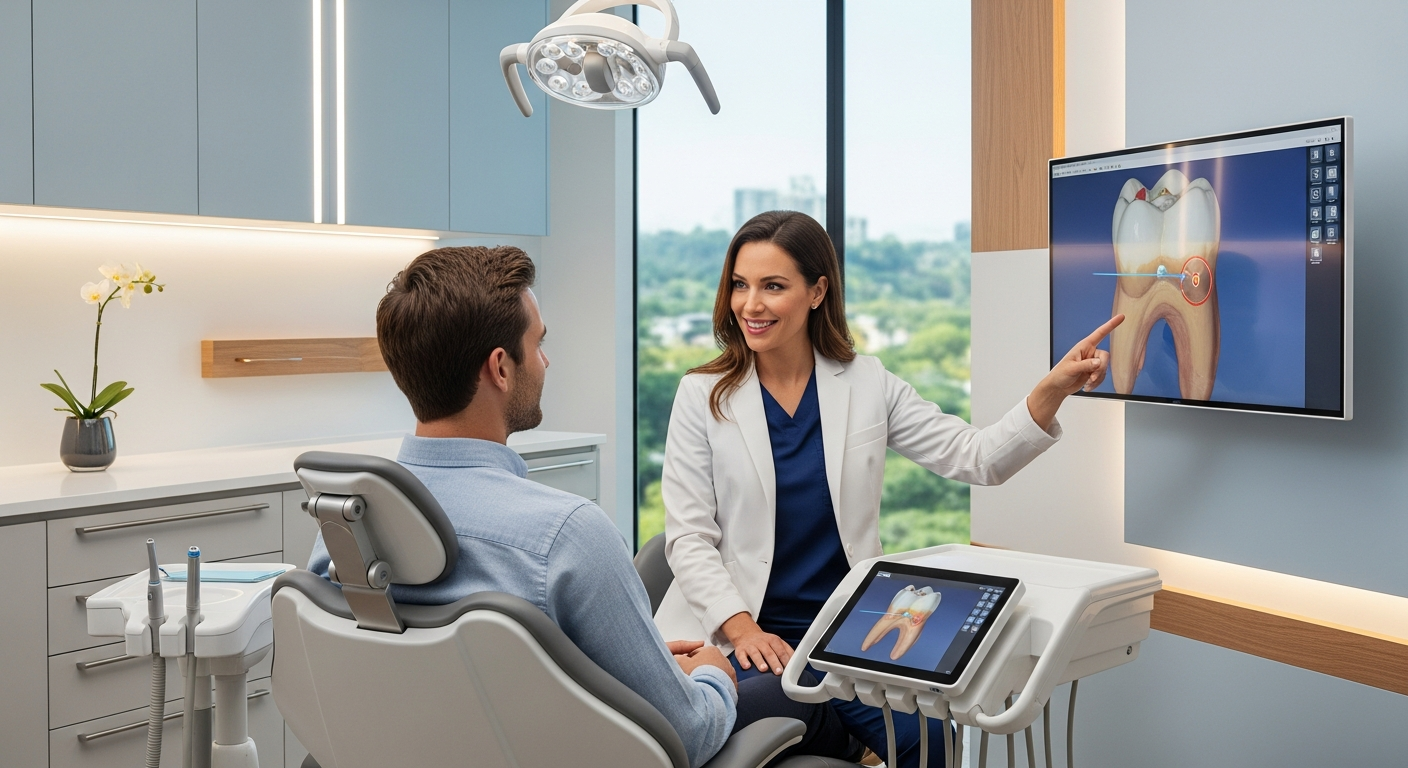
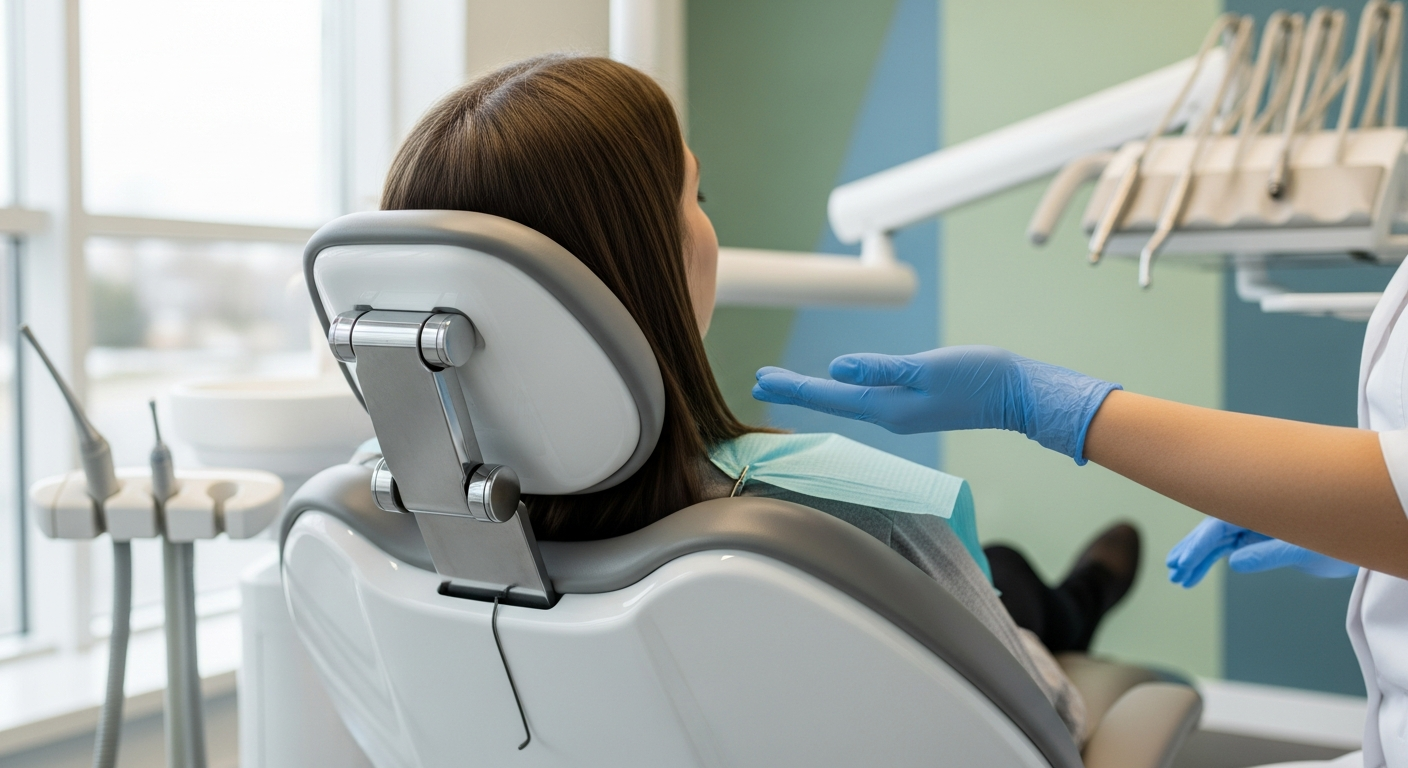


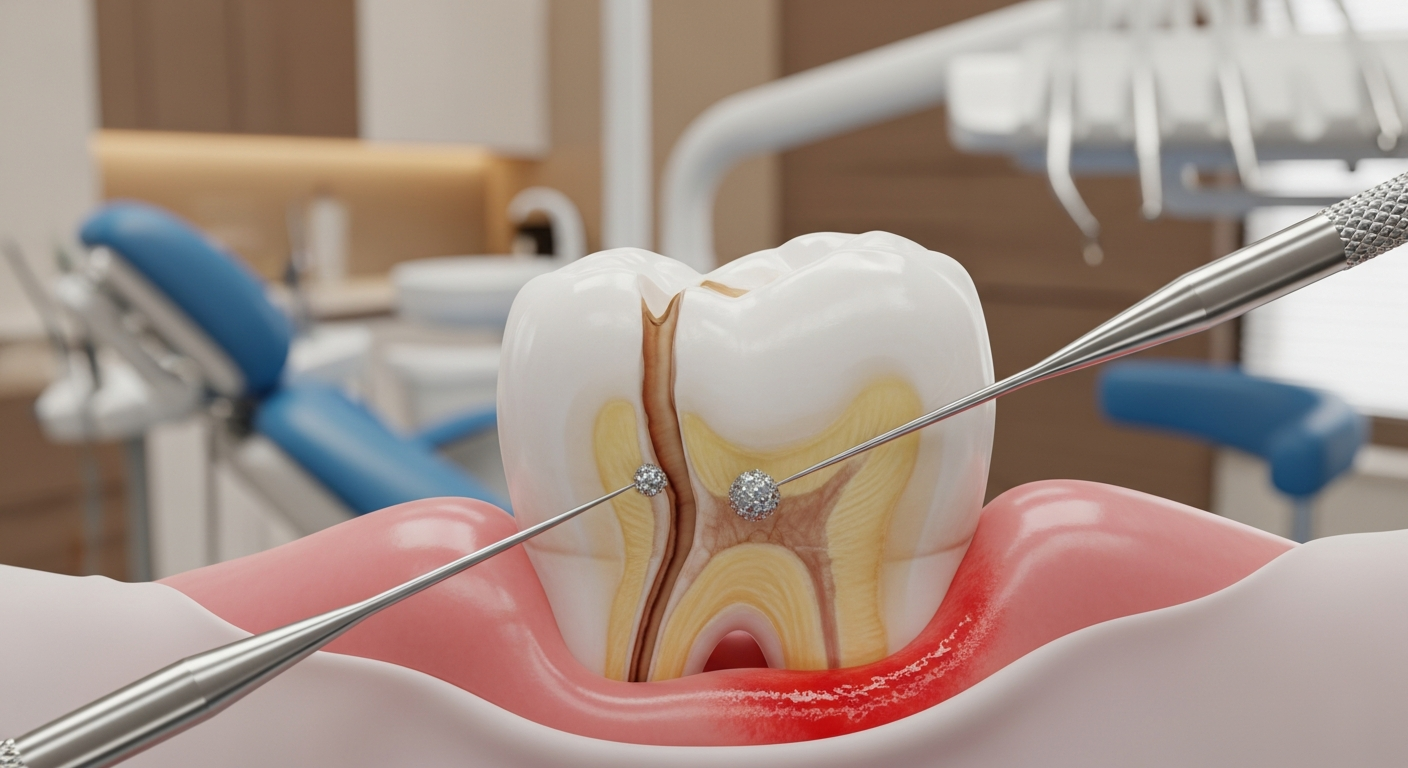




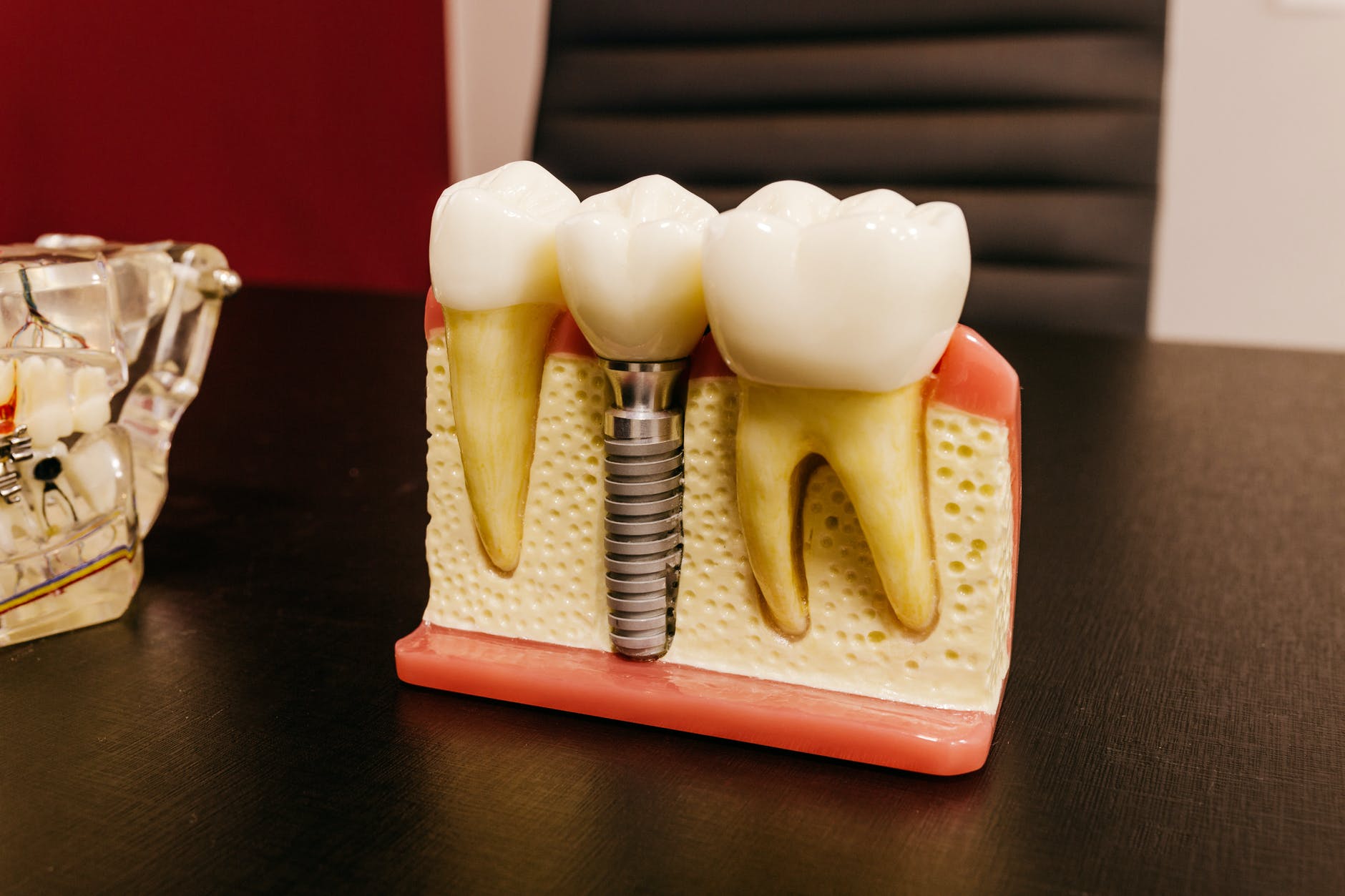


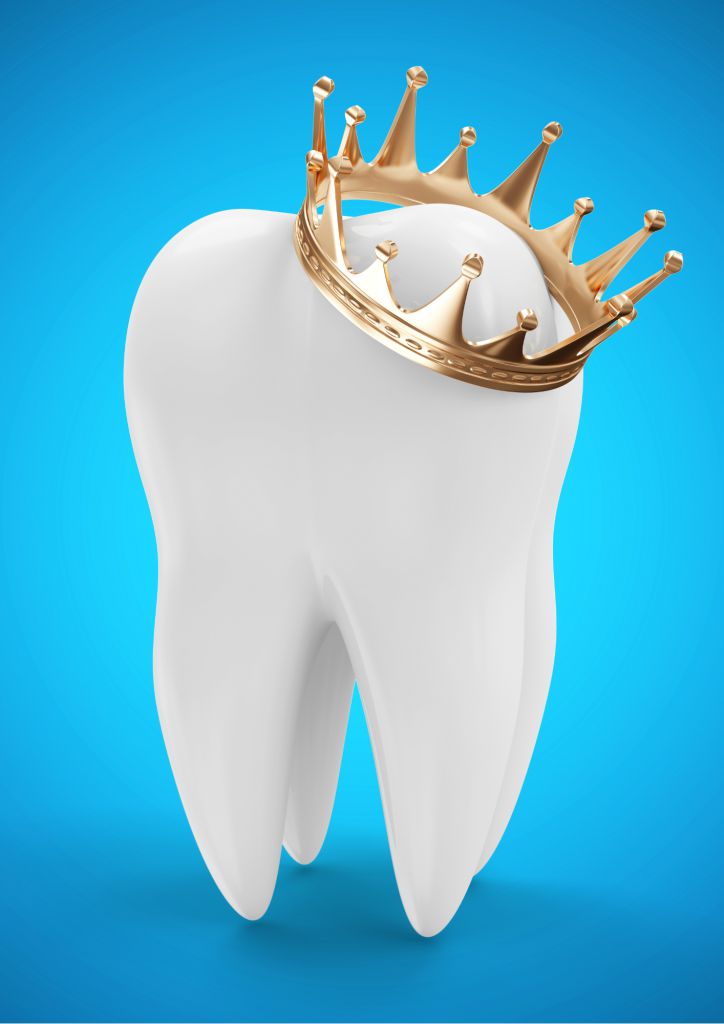







.avif)


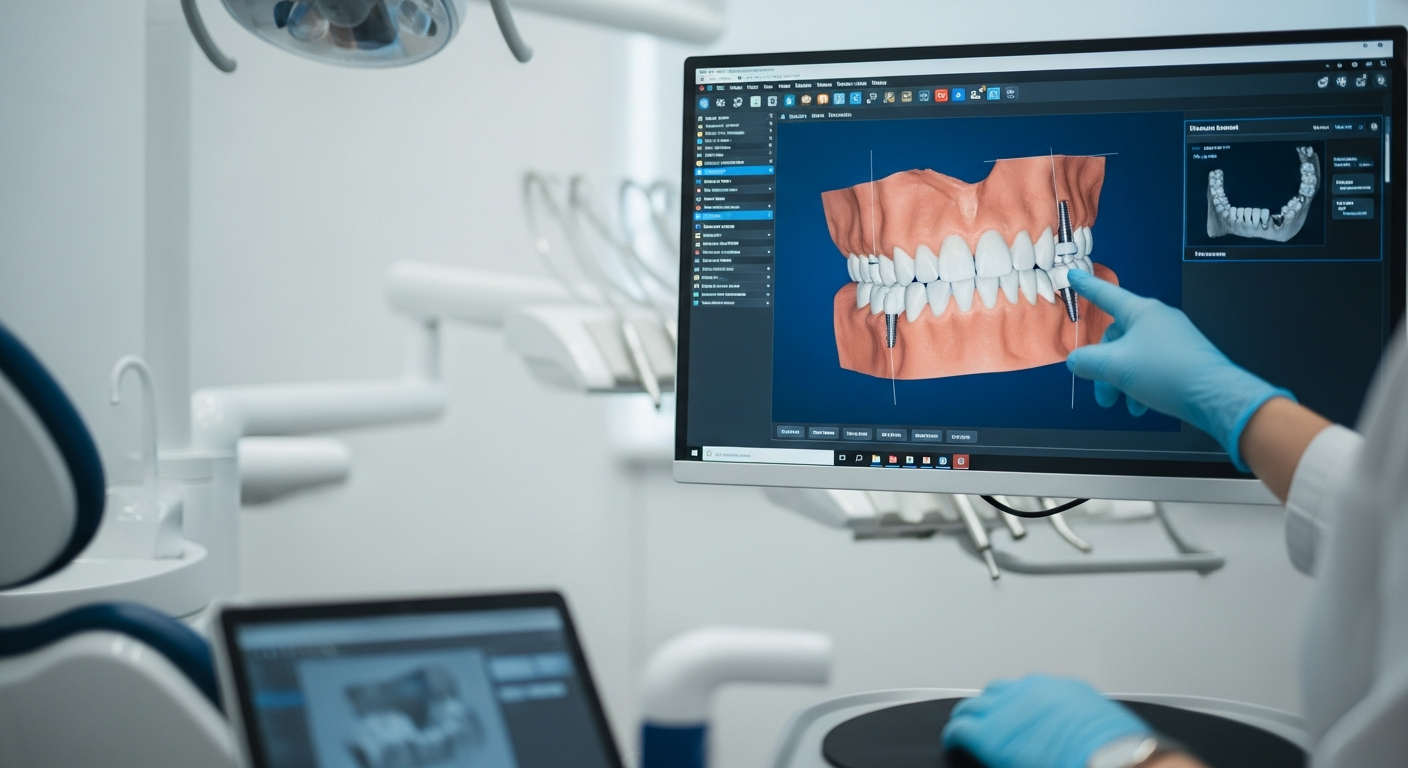



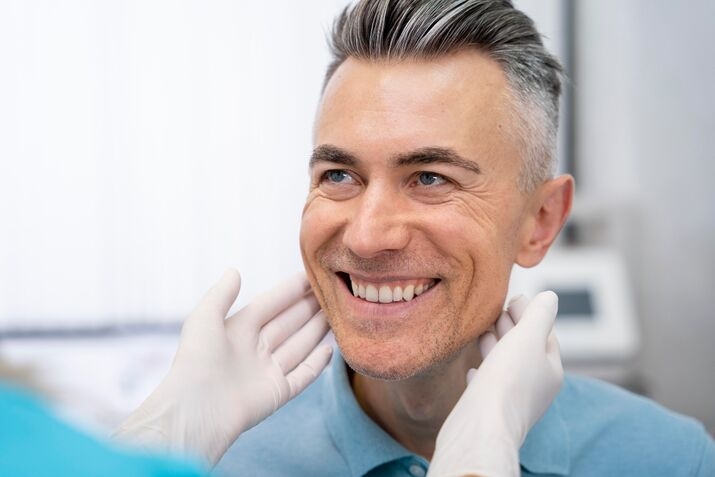
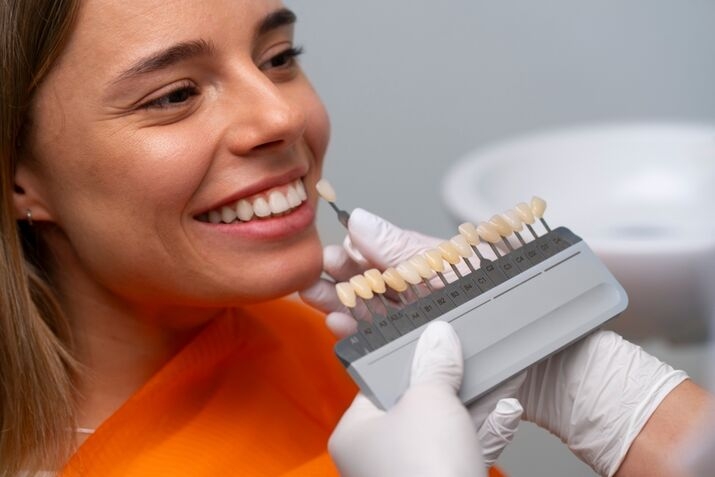
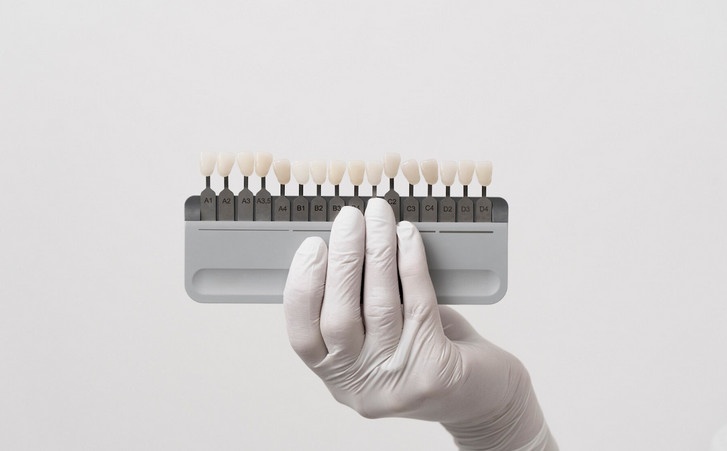

.jpg)


















.avif)


















.jpg)


